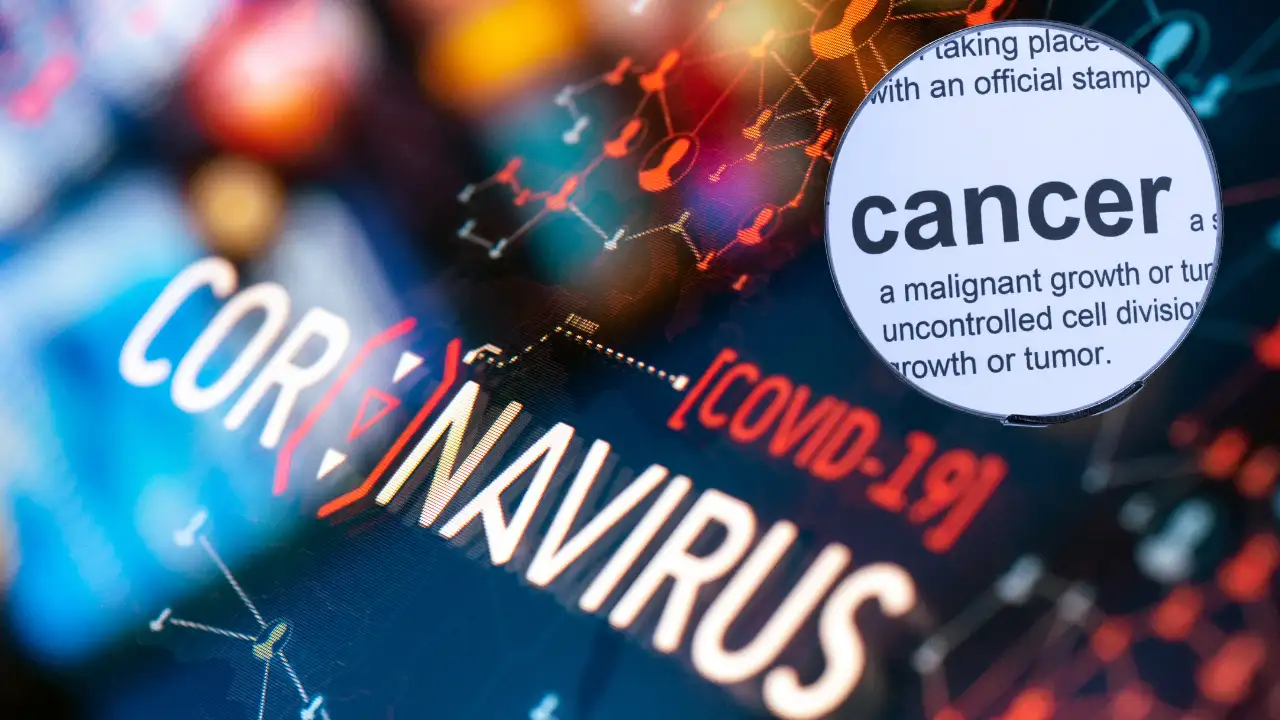India has reported a noticeable uptick in COVID-19 cases, with 752 fresh infections logged over the past week, taking the country’s total active caseload to more than 1,000. With new COVID variants emerging, the risk has not vanished; it has just evolved, especially for vulnerable groups like cancer patients, pregnant women, and young children.
For those with weakened immune systems or developing bodies, the stakes remain high. So, we turned to experts to know about the risks involved and the role of vaccination.
Cancer and COVID
According to Dr. Kumardeep Dutta Choudhury, Director of Medical Oncology at Max Hospital, New Delhi, cancer patients are undeniably more vulnerable if infected with COVID. “Their immune systems are already compromised, either by the cancer itself or the chemotherapy. That makes it harder for them to fight off any infection, including COVID,” he explains.
The consequences? Higher risk of severe symptoms and complications. Dr. Choudhury advises precautions like masking up, avoiding crowded places, and staying up to date with vaccinations.
Vaccination During Cancer Treatment
On the question of vaccines, Dr. Choudhury is clear: “In most cases, vaccination is not only safe but necessary. It reduces the risk of severe illness, even during chemotherapy or radiation.” There are patients who have recently undergone stem cell transplants or CAR T-cell therapy who should wait three months before getting vaccinated.
Dr. Mandeep Singh Malhotra, senior oncologist at Art of Healing Cancer, strongly disagrees. “I personally do not recommend the COVID vaccine for cancer patients,” he says, citing a rise in recurrent cancers and cardiac events following vaccination.
“Cancer itself is a pro-thrombotic state, and adding the vaccine increases the risk of thrombosis, strokes, and heart attacks.” He suggests reserving the vaccine only for those with documented long-term immunosuppression, such as HIV or uncontrolled diabetes.
Pregnancy and COVID
Can COVID be passed from a pregnant woman to her baby? “It is possible, but rare,” says Dr. Choudhury. This vertical transmission, where the virus crosses the placenta, occurs infrequently. However, the mother's immune response could still impact the baby, potentially causing inflammation.
If a pregnant woman tests positive, immediate communication with a doctor is crucial. “Most cases can be managed at home,” he adds, “but unvaccinated women or those with pre-existing conditions are at a higher risk of complications, premature delivery, or stillbirth.”
Protecting the Unvaccinated Child
For children who are not yet eligible for vaccination, prevention becomes a group effort. “Vaccinating all eligible family members helps build a protective circle around the child,” says Dr. Choudhury. He also recommends maintaining hygiene, limiting exposure to crowded indoor spaces, and ensuring proper ventilation. “Wearing well-fitted masks in public can provide an added layer of protection.”
COVID Symptoms in Kids: Not Always What You Expect
Children often exhibit COVID symptoms that differ from adults. “Apart from fever and cough, kids are more likely to have gastrointestinal symptoms—nausea, vomiting, abdominal pain, and diarrhoea,” Dr. Choudhury explains.
Fatigue, headaches, and nasal congestion are also common. A barking cough resembling croup may appear in some cases. He warns that while many children have mild or no symptoms, a rare but severe complication—Multisystem Inflammatory Syndrome in Children (MIS-C)—can occur, marked by persistent fever and organ inflammation.
